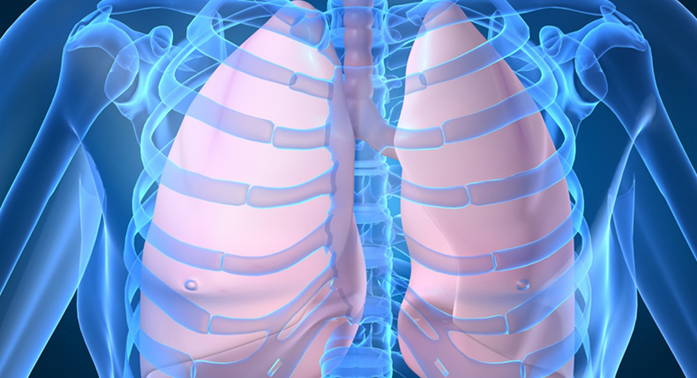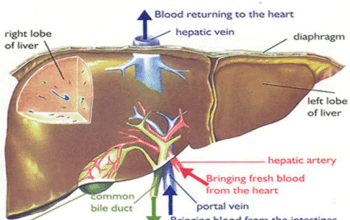Breathing is a fundamental bodily function that most of us take for granted. However, not all breathing is created equal. Specialized breathing exercises can dramatically improve lung health, enhance oxygen intake, and reduce stress. Whether you’re dealing with a chronic respiratory condition or simply want to optimize your overall wellness, understanding and practicing targeted breathing techniques can be transformative.
Understanding Breathing Exercises
Breathing exercises are intentional techniques designed to improve respiratory function, increase lung capacity, and promote overall well-being. Unlike unconscious breathing, these exercises require focused attention and specific methods that engage the diaphragm and respiratory muscles more effectively.
Key Benefits of Breathing Exercises
- Improved lung function
- Enhanced oxygen levels in the body
- Reduced stress and anxiety
- Better management of chronic respiratory conditions
- Increased physical activity tolerance
Two Essential Breathing Techniques
Pursed Lip Breathing
This technique is particularly beneficial for individuals with lung conditions like COPD or asthma. The method involves breathing in through the nose and exhaling slowly through pursed lips, creating slight resistance that helps keep airways open longer.
How to Practice:
- Relax your neck and shoulder muscles
- Inhale slowly through your nose for two seconds
- Purse your lips as if you’re about to whistle
- Exhale slowly and gently through pursed lips for four seconds
- Repeat 4-5 times in a session
Diaphragmatic (Belly) Breathing
Also known as belly breathing, this technique focuses on engaging the diaphragm—the primary muscle responsible for respiratory function. It promotes deeper, more efficient breathing and helps reduce the number of breaths taken per minute.
Practice Steps:
- Lie down or sit comfortably
- Place one hand on your chest and another on your belly
- Breathe in slowly through your nose, allowing your belly to expand
- Exhale slowly through pursed lips, feeling your belly contract
- Ensure minimal chest movement during the exercise
Maximizing Your Breathing Practice
Consistency is key when implementing breathing exercises. Experts recommend practicing 5-10 minutes daily to see significant improvements in lung function and overall respiratory health.
Tips for Success
- Start with short sessions and gradually increase duration
- Practice in a comfortable, quiet environment
- Listen to your body and don’t force uncomfortable breathing
- Consider tracking your progress with pulmonary function tests
Potential Health Benefits
Research has shown that consistent breathing exercises can offer numerous health advantages, including:
- Reduced symptoms in chronic lung diseases
- Improved oxygen saturation
- Enhanced physical activity tolerance
- Better stress management
- Potential support for lung cancer patients during recovery
Precautions and Recommendations
While breathing exercises are generally safe for most individuals, it’s crucial to consult healthcare professionals if you have pre-existing respiratory conditions. They can provide personalized guidance and ensure the techniques are appropriate for your specific health needs.
By dedicating just a few minutes daily to these breathing techniques, you can dramatically improve your lung health, reduce stress, and enhance your overall quality of life. Remember, every breath is an opportunity for healing and rejuvenation.






